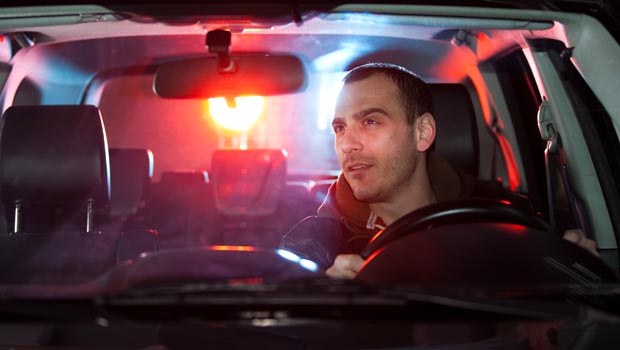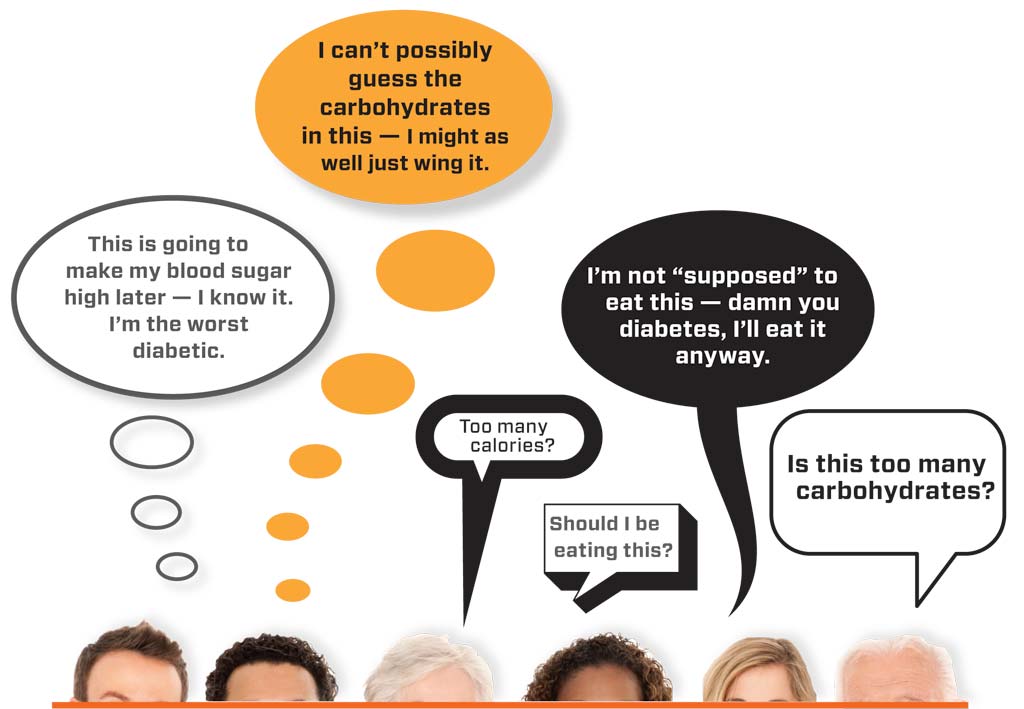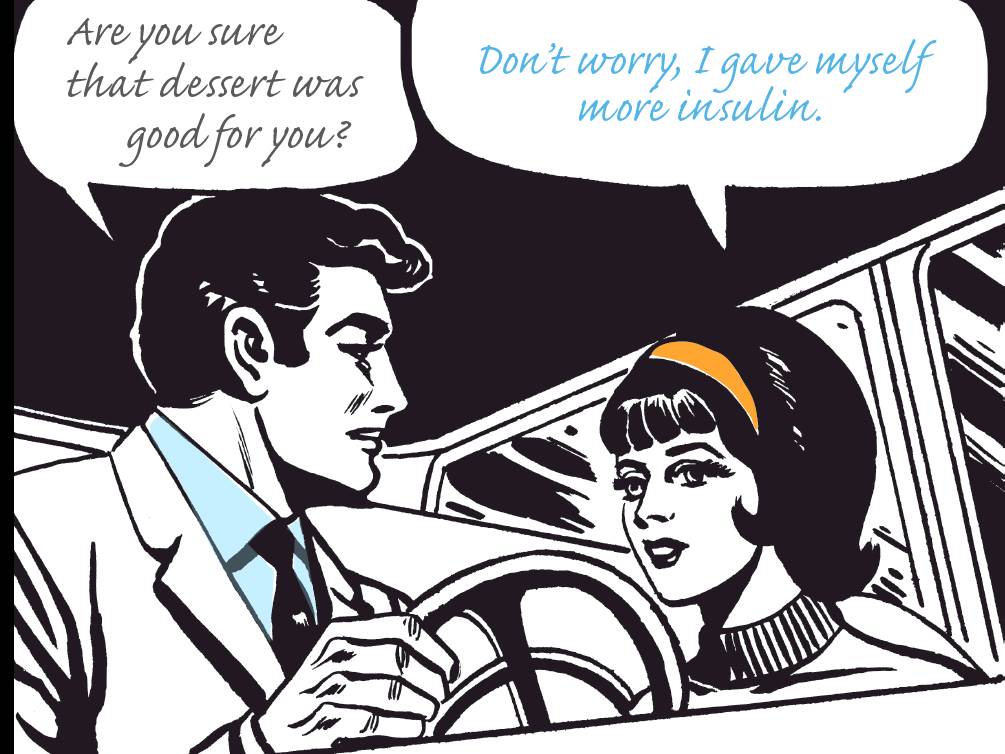Driving While Diabetic

According to a recent Associated Press report, a Portsmouth, New Hampshire driver needed to be subdued with a taser after hitting several cars in a parking lot and refusing a patrolman’s instructions to stop. The driver, who had diabetes, appeared to have been suffering a hypoglycemic episode. Fortunately, the officer recognized this, as did the responding fire department EMT. The man was given emergency I.V. treatment, stabilized, and taken to the hospital. He was not charged with breaking the law.
Portsmouth Deputy Chief Corey MacDonald, released this statement on the incident:
“Upon initial review, though the incident is regrettable for all involved, the officer appears to have used reasonable non-lethal force to end a potentially dangerous situation. Our police officers are not paramedics. They are charged with bringing dangerous situations under control. This driver could just as easily have been under the influence of alcohol or drugs, or engaging in willful criminal conduct.”
Fire Chief Steve Achilles also offered his own statement:
“It is not uncommon for diabetics in that condition to be combative or angry, making responses by emergency officials ‘challenging.’”
Hypoglycemic impairment is not the only hazard that can complicate driving. Other potential complications of Type 1 diabetes and Type 2 diabetes include vision impairment and neuropathy leading to loss of feeling in the feet and hands, for example.
New Hampshire currently has no law concerning driving with diabetes. However, using my skills as a retired lawyer, I uncovered some 30 states with laws on the books addressing the question of non-commercial driver’s licences for people with diabetes. Also, there are strict requirements under federal law relating to medical fitness of truck drivers in interstate commerce.
Why such a state by state variance? In U.S law, the issuance of driver licenses, rules of the road, and regulation of conduct by drivers is reserved to the states. Contrary to common perception, there is no such thing as a federal driver’s license.
The U.S. Secretary of Transportation is empowered to issue regulations governing medical fitness of commercial drivers in interstate commerce. And even that power is quite limited in scope to entail that states must adhere to the conditions set forth in the Motor Carrier Safety Act. Under the act, there is a requirement for commercial drivers to pass a physical exam, and regulations to govern how drivers use medication under professional supervision. There is a “diabetes” endorsement available on a driver’s fitness certificate to accommodate users of insulin and oral medication.
Sometimes, diabetes driving laws have unintended consequences. Denmark, for example, has a 2012 diabetes reporting and licensing law which has backfired. According to a 2014 study reported by the Driving Licence Committee of the European Union, drivers in Denmark have blatantly disobeyed a requirement that they report instances of severe hypoglycemic events to their care providers, who can then report the incidents to licensing authorities. The study found that self-reporting of such lows went down after the new law went into effect.
I surveyed the laws of about 25 states and the District of Columbia, and I found that all have a process for preventing or restricting license renewals for non-commercial drivers who suffer any condition that affects vision or consciousness, or that requires medication.
Driving laws for non-commercial drivers concerning diabetes and other medical conditions run the gambit:
- Some require the driver to disclose a condition at the time of applying for a license or renewal
- Some have diabetes-specific restrictions, usually only addressing Type 1 diabetes with insulin therapy
- Some states require a periodic physical exam with accompanying physician’s certification for license renewal
- Some require a physician to report a condition after its discovery
- Some allow anyone, including a family member or an acquaintance, to report on someone with a limiting medical condition who is operating a motor vehicle
- The least restrictive jurisdictions prohibit authorities from even asking about diabetes or other limiting conditions on a license application
In a January 2012 report, the American Diabetes Association took the position that greater education was needed to ensure the safety of drivers with diabetes:
“The diagnosis of diabetes is not sufficient to make any judgements about individual driver capacity … Perhaps the most important aspect of encouraging people with diabetes to be safe drivers is…to provide education about driving with diabetes and potential risks associated with patients’ treatment regimens.”
The position paper also offered four key points of advice on self-care behind the wheel:
- Always carry a blood glucose meter and appropriate snacks, including a quick-acting source of sugar (such as juice, non-diet soda, hard candy, or dextrose tablets) as well as snacks with complex carbohydrate, fat, and protein (e.g., cheese crackers) in the vehicle
- Never begin an extended drive with blood glucoses at 70–90 mg/dL or lower without prophylactic carbohydrate consumption to avoid a fall in blood glucose during the drive
- Stop the vehicle as soon as you experience any of the symptoms of hypoglycemia, and measure and treat the low
- Do not resume driving until blood sugar levels, and function, have recovered.
The best thing about this advice is that not only is it grounded in best medical practice, it’s all common sense.
Safe travels!
The American Diabetes Association maintains a state-by-state Q&A format listing:
This article has been corrected (5/24/2015). Due to an editorial error, it was erroneously stated that 1 million Danes lied about hypoglycemia to avoid driving restrictions. Also, we clarified the level of hypoglycemia required by the Danish law to be reported.
Thanks for reading this Insulin Nation article. Want more Type 1 news? Subscribe here.
Have Type 2 diabetes or know someone who does? Try Type 2 Nation, our sister publication.







